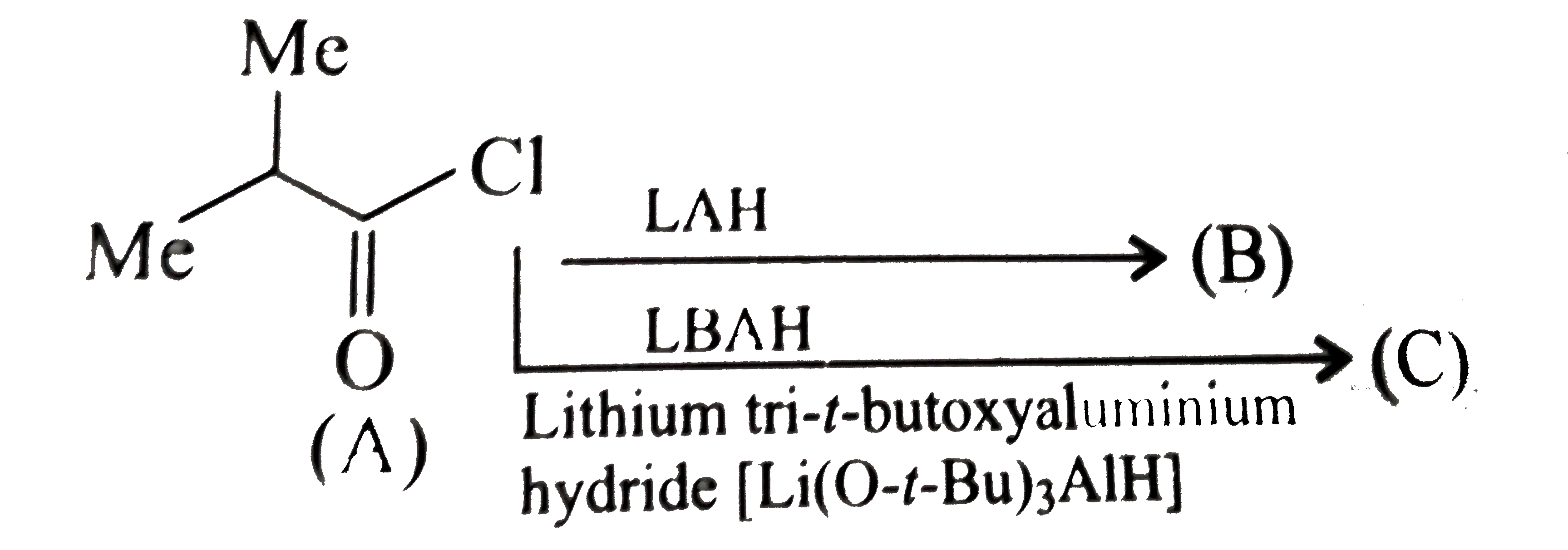Which of the following statements are correct about the given reaction ?
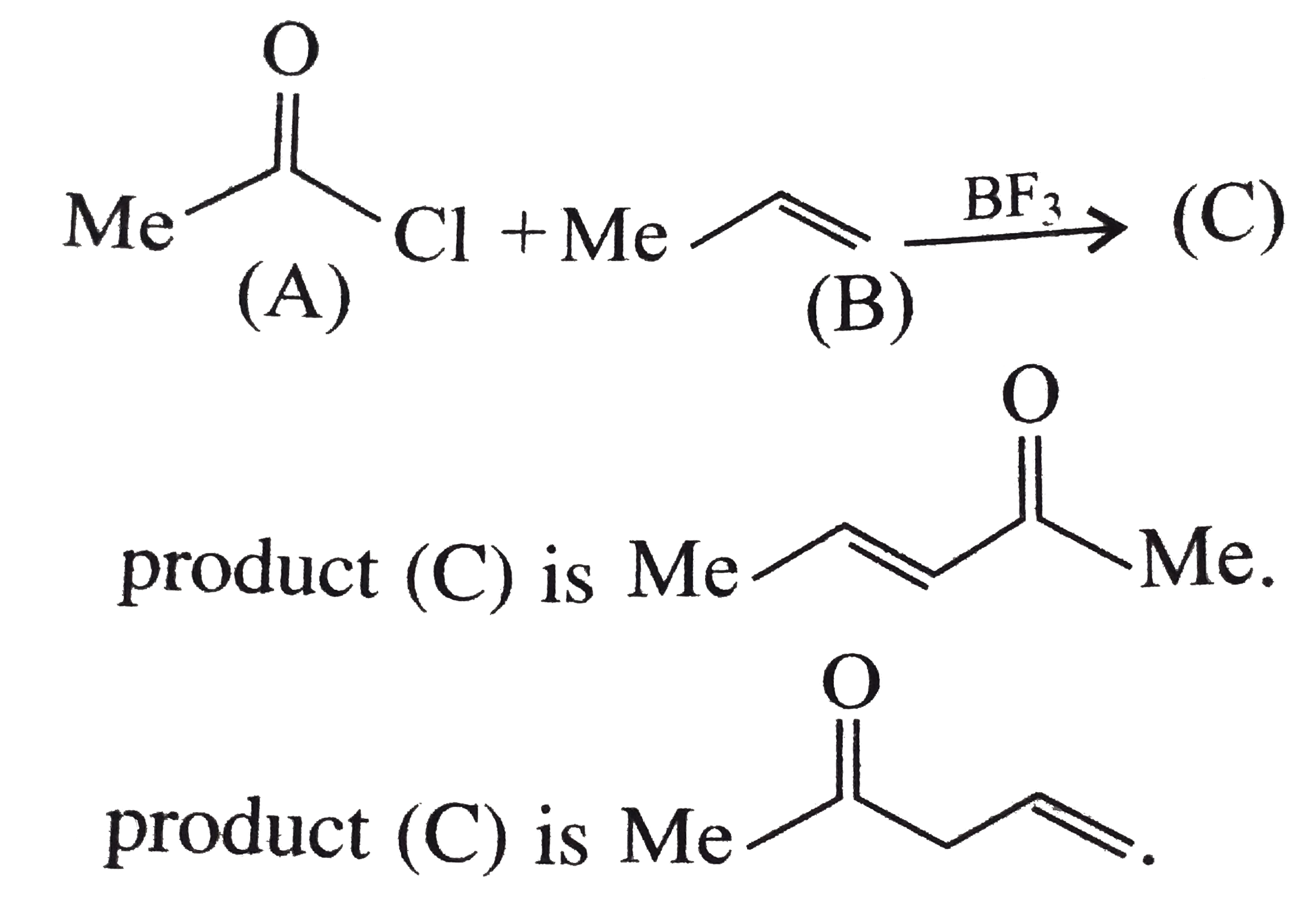 .
.
A
The product ( C) is 
B
The product ( C) is 
C
The formation of (C) proceeds via the formation of acylium ion.
D
The formation of (C) proceeds via the formation of carbocation.
Video Solution
Text Solution
The correct Answer is:A, C
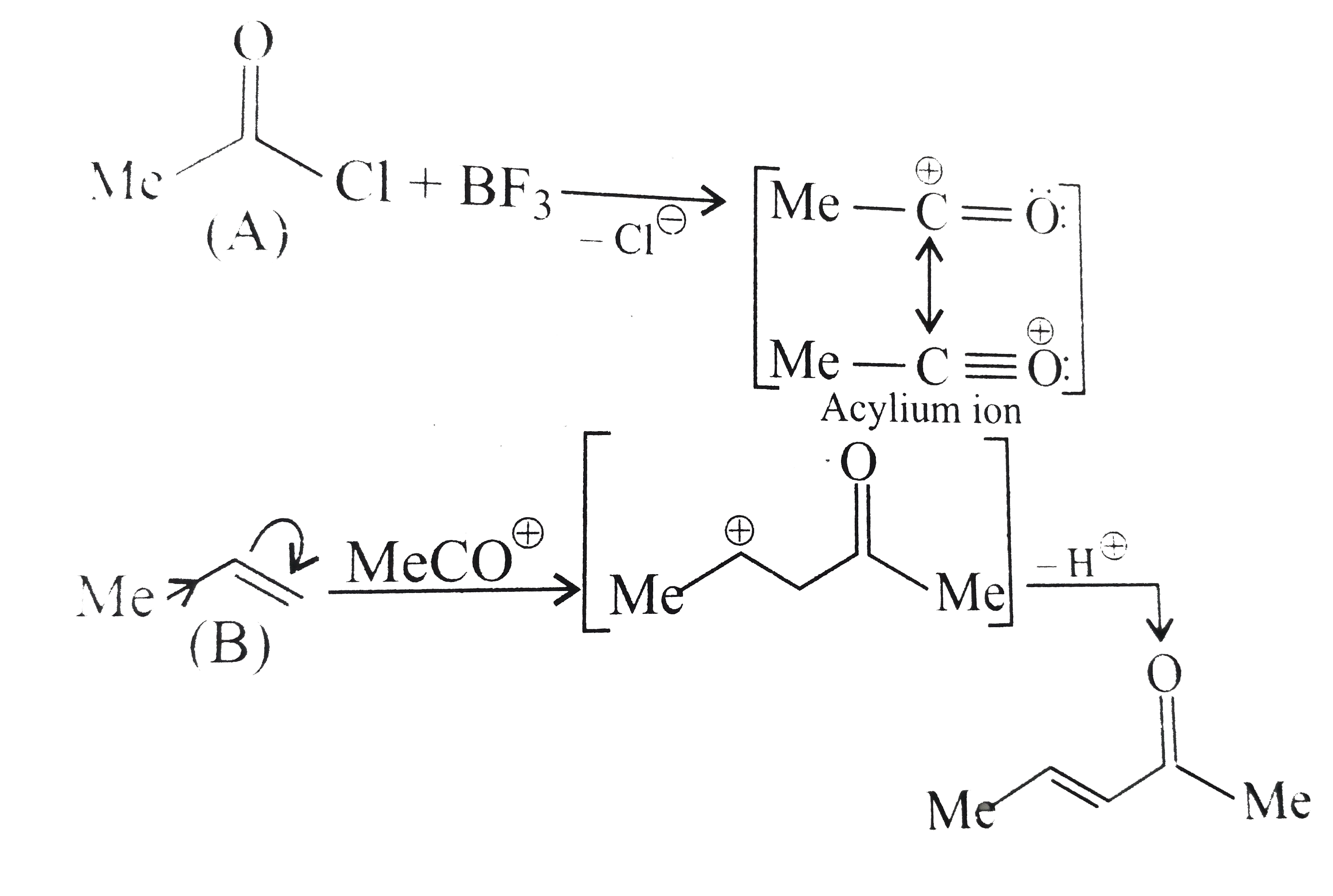 .
.
|
Topper's Solved these Questions
- CARBOXYLIC ACIDS AND THEIR DERIVATIVESBook:CENGAGE CHEMISTRYChapter:CARBOXYLIC ACIDS AND THEIR DERIVATIVESExercise:Exercises (Singlecorrect)
Explore 64 Videos
- CARBOXYLIC ACIDS AND THEIR DERIVATIVESBook:CENGAGE CHEMISTRYChapter:CARBOXYLIC ACIDS AND THEIR DERIVATIVESExercise:Exercises (Assertion-Reasoning)
Explore 10 Videos
- CARBOXYLIC ACIDS AND THEIR DERIVATIVESBook:CENGAGE CHEMISTRYChapter:CARBOXYLIC ACIDS AND THEIR DERIVATIVESExercise:Exercises (Linked Comprehension)
Explore 34 Videos
- BIOMOLECULES, POLYMERS AND CHEMISTRY IN EVERYDAY LIFEBook:CENGAGE CHEMISTRYChapter:BIOMOLECULES, POLYMERS AND CHEMISTRY IN EVERYDAY LIFEExercise:QUESTION BANK
Explore 8 Videos
- CHEMICAL KINETICSBook:CENGAGE CHEMISTRYChapter:CHEMICAL KINETICSExercise:Archives Subjective
Explore 23 Videos
Similar Questions
Knowledge Check
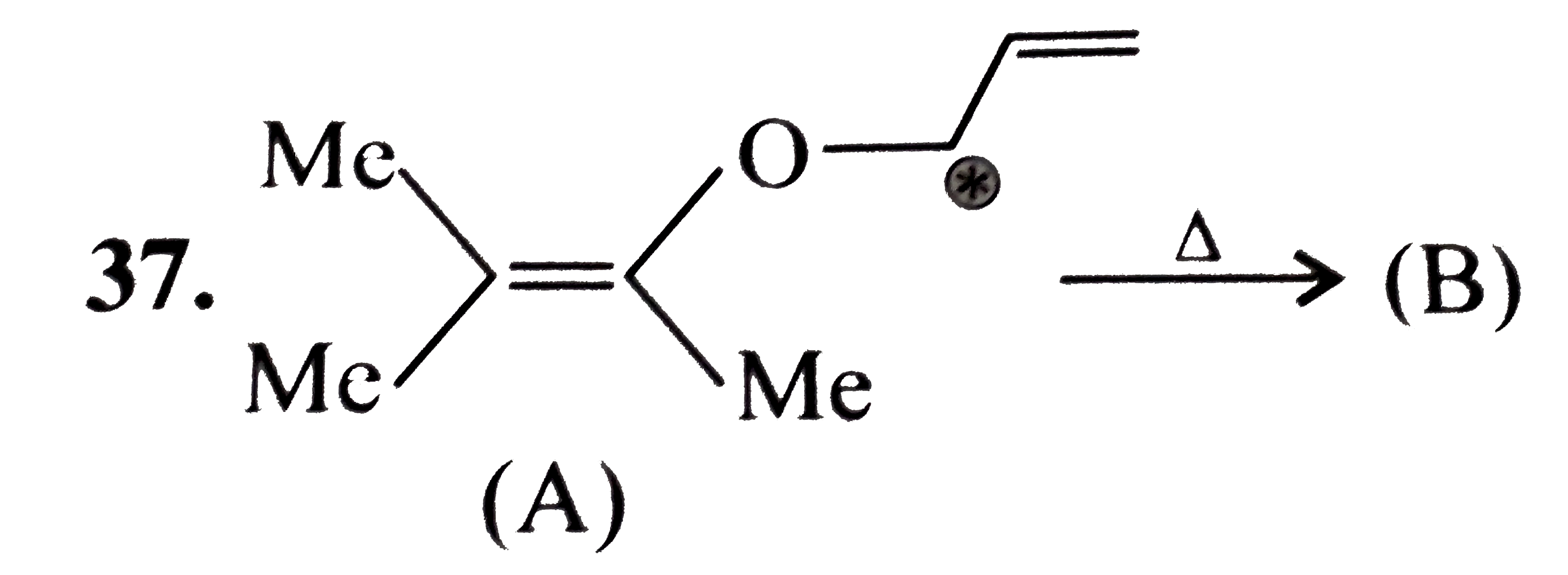
Which of the following statements are correct about the above reaction ?AThe reaction is called Claisen-Schmidt reaction.BThe reaction is called Claisen rearrangement reaction.CProduct (B) is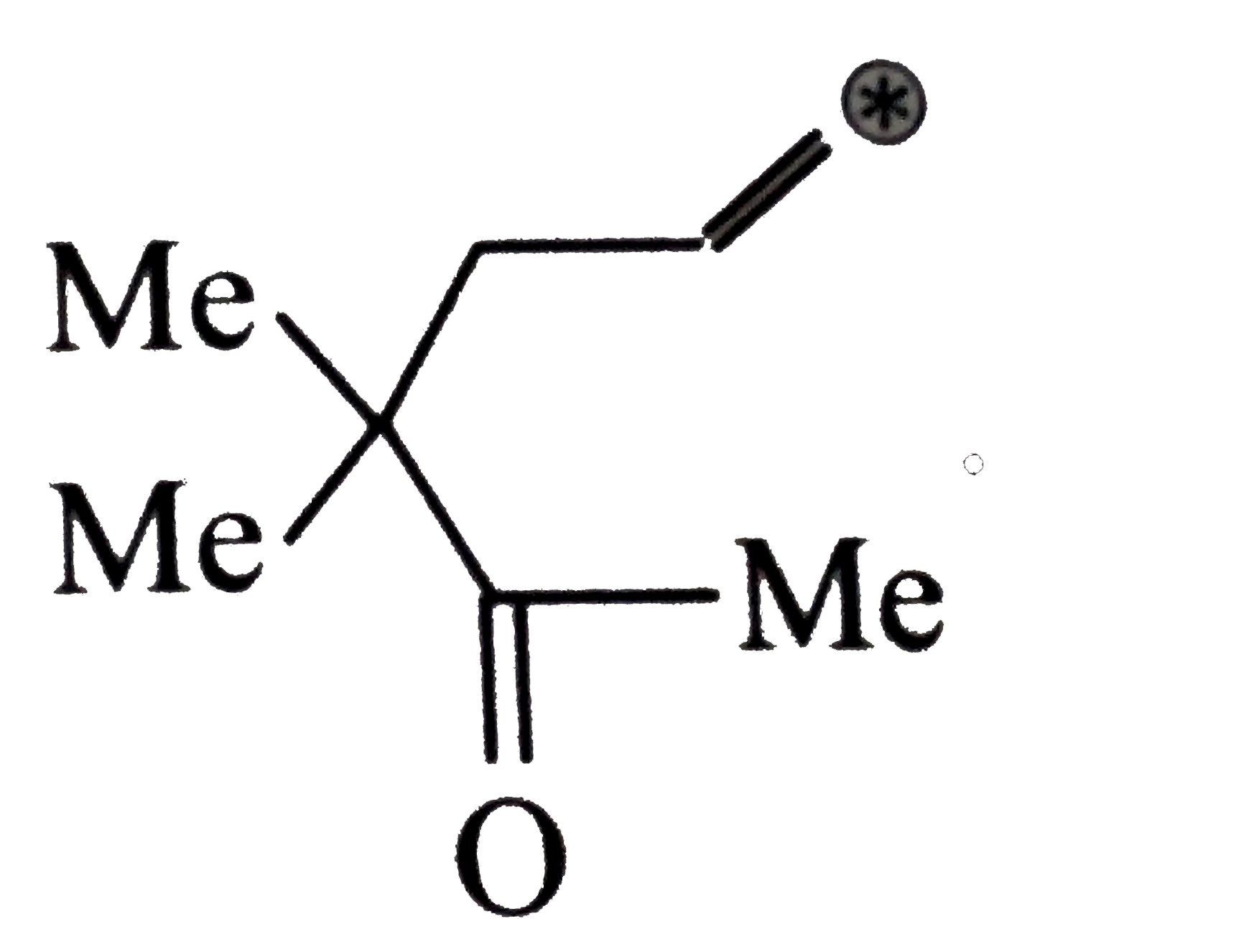 DProduct (B) is
DProduct (B) is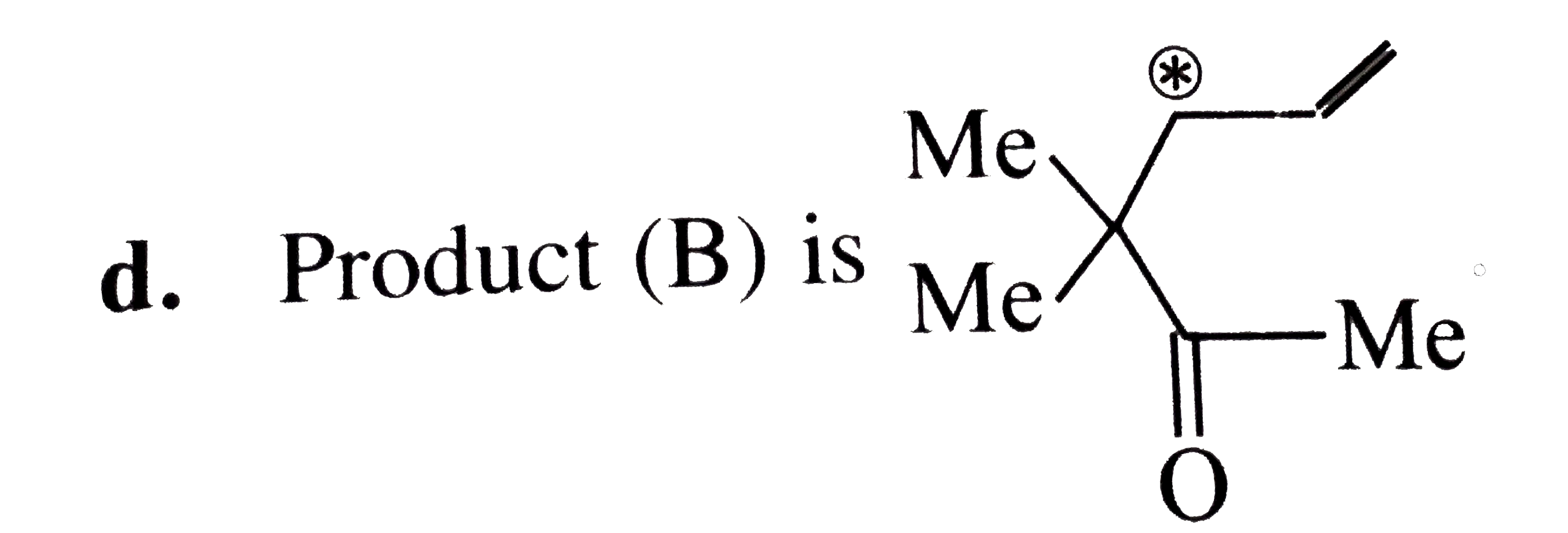

Which of the following statements are correct about the above reaction ?AProduct (B) is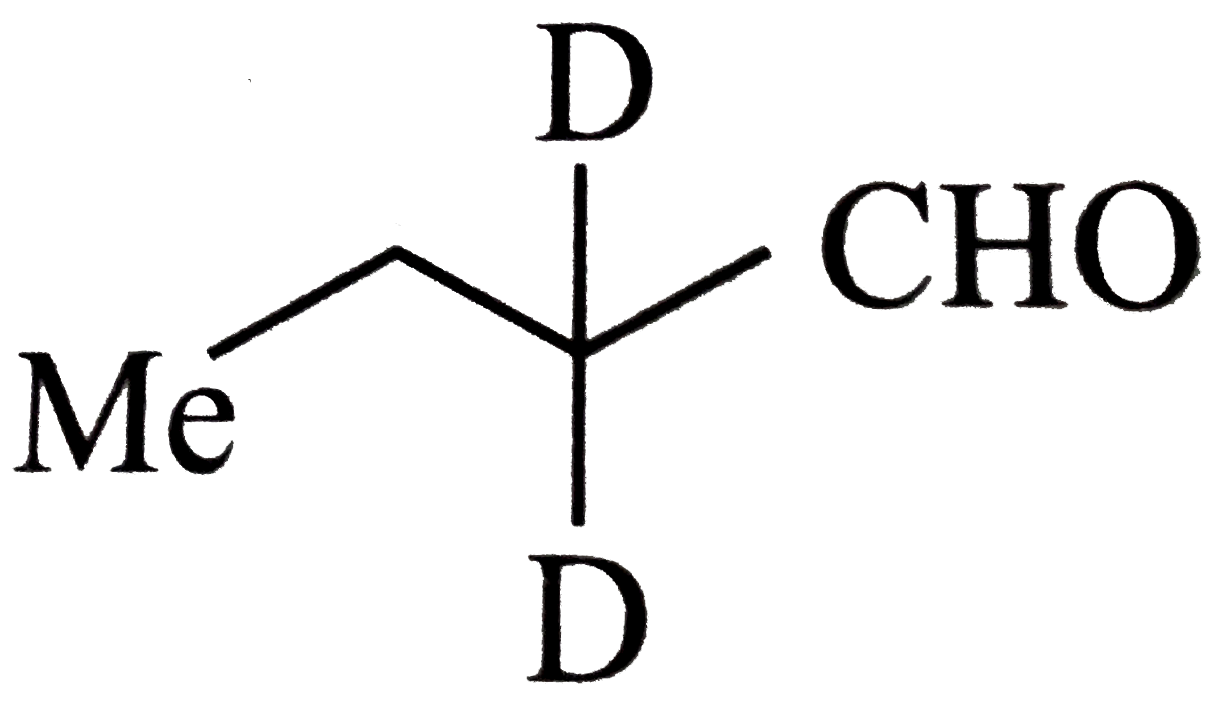 BProduct (B) is
BProduct (B) is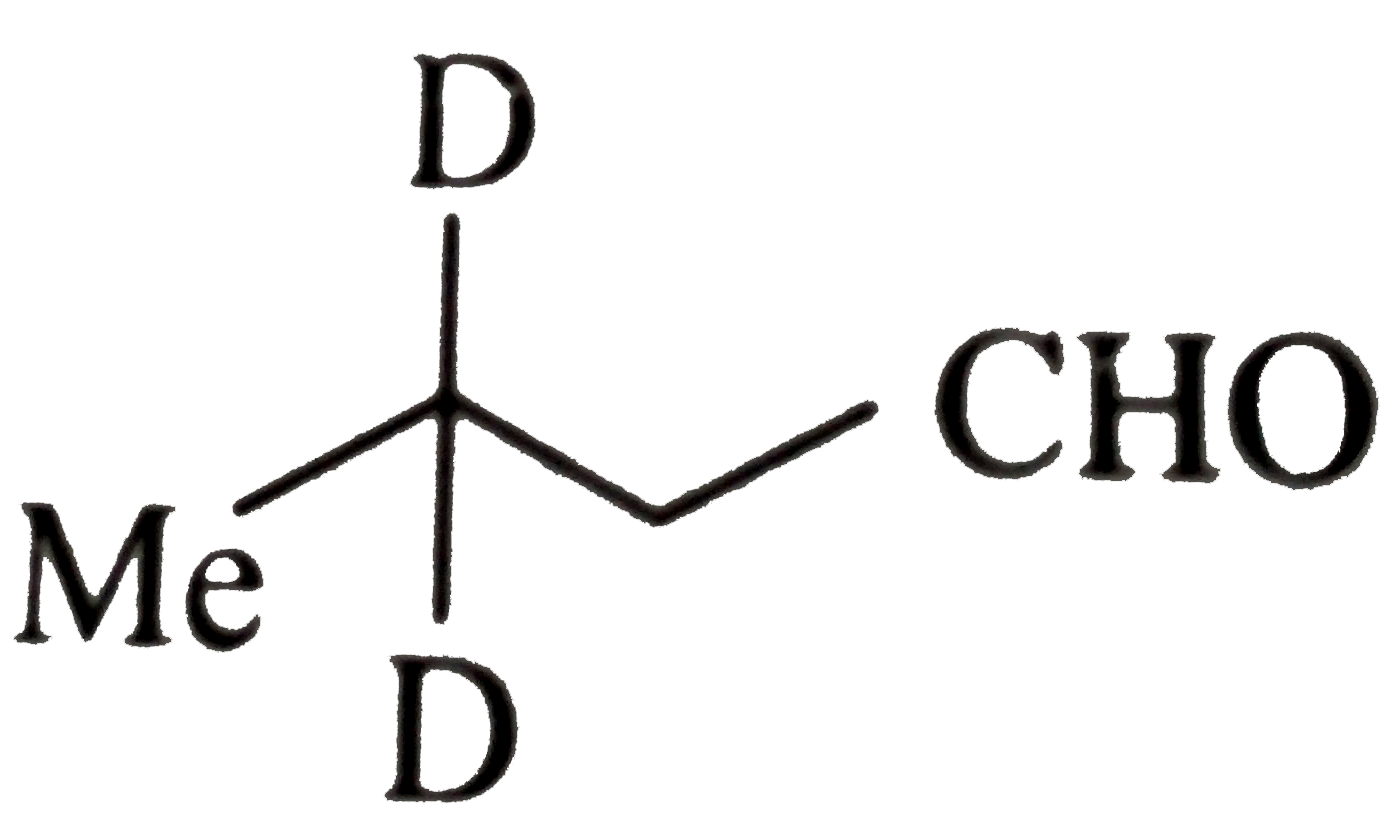 CProduct (C ) is
CProduct (C ) is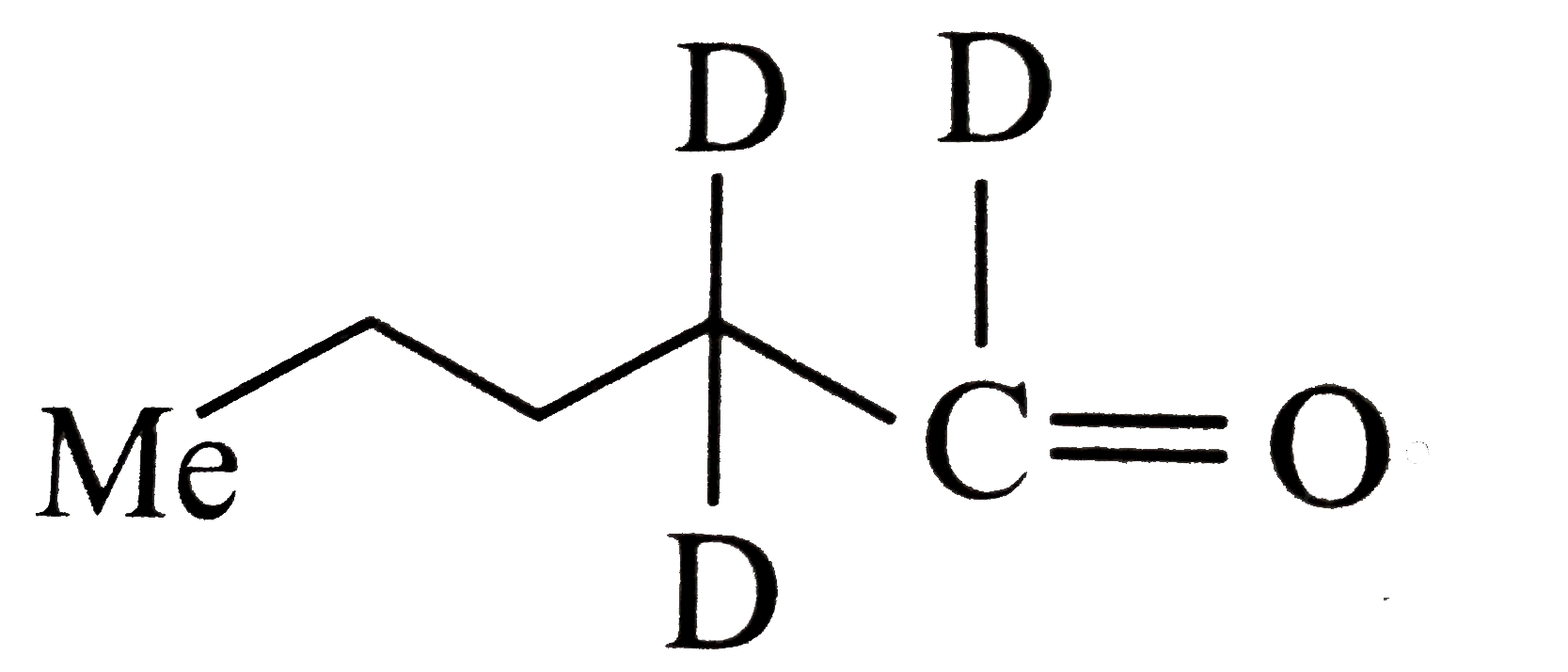 DProduct (C ) is
DProduct (C ) is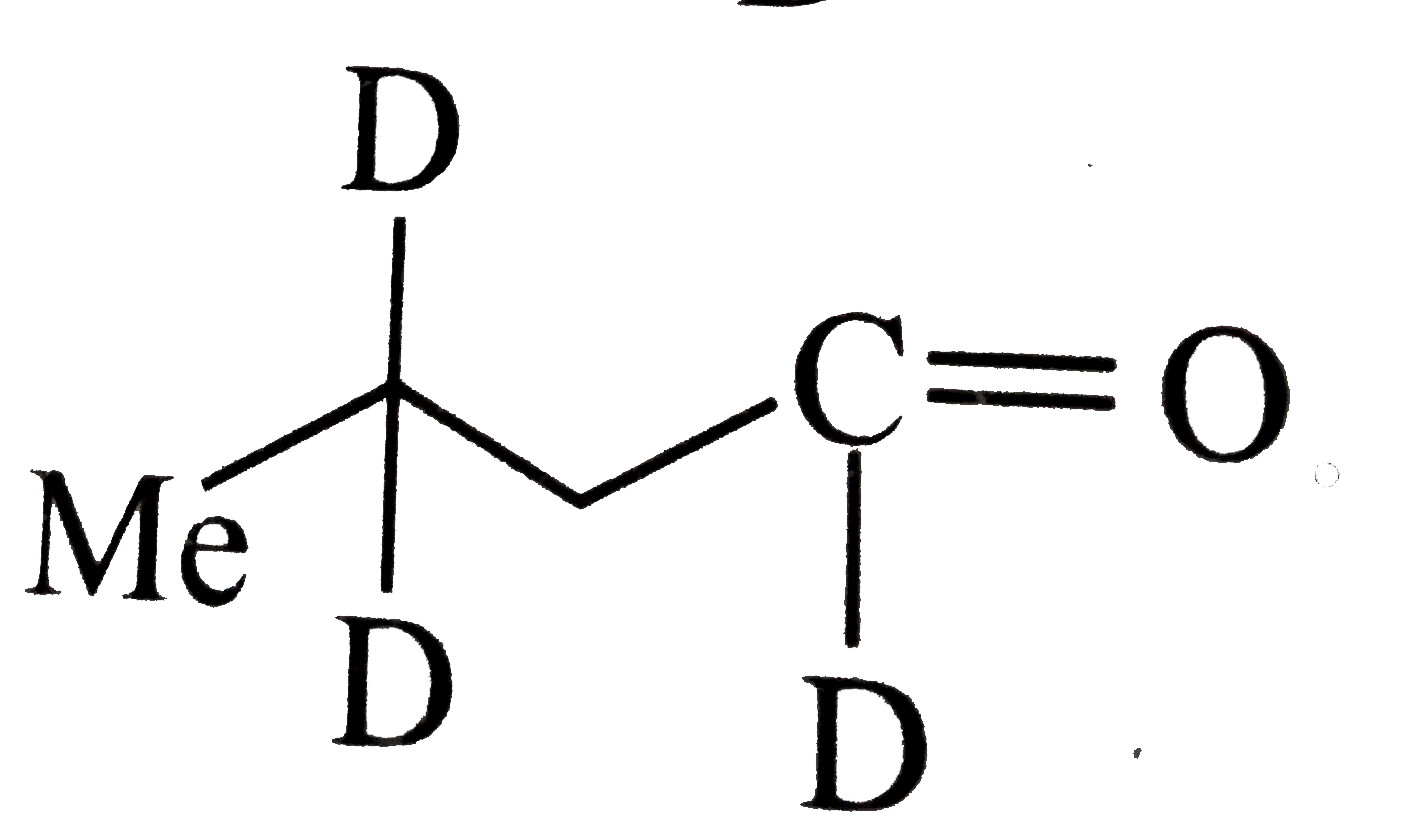

Which of the following statements is/are correct about the above reaction ?
 AThe compounds (B) and (C ), respectively, are:
AThe compounds (B) and (C ), respectively, are:
 BThe compounds (E ) and (F), respectively, are:
BThe compounds (E ) and (F), respectively, are:
 CThe compounds (B) and (C ), respectively, are:
CThe compounds (B) and (C ), respectively, are:
 DThe compounds (E ) and (F), respectively, are:
DThe compounds (E ) and (F), respectively, are:

Which of the following statements are correct about this reaction?
View SolutionWhich of the following statements are correct about this reaction ?
View SolutionWhich of the following statements are correct about this reaction?
 .
.
View SolutionWhich of the following statements are wrong about the given reaction ?
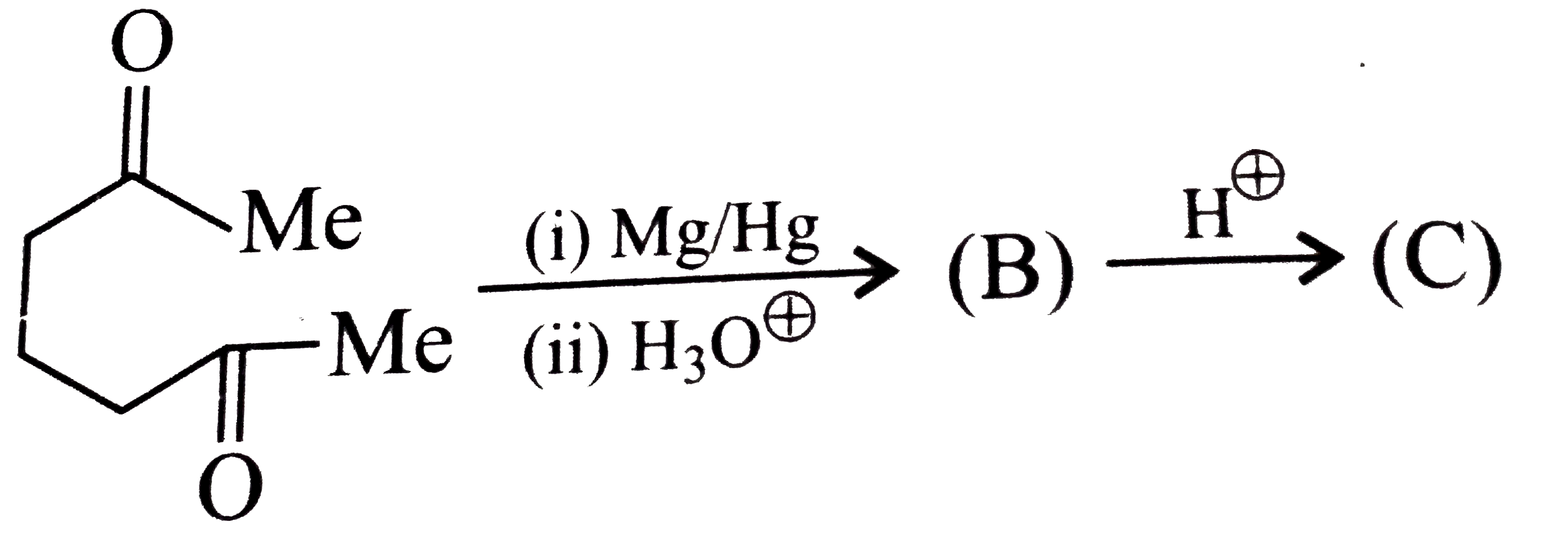
View SolutionWhich of the following statements are correct about the following reactions :
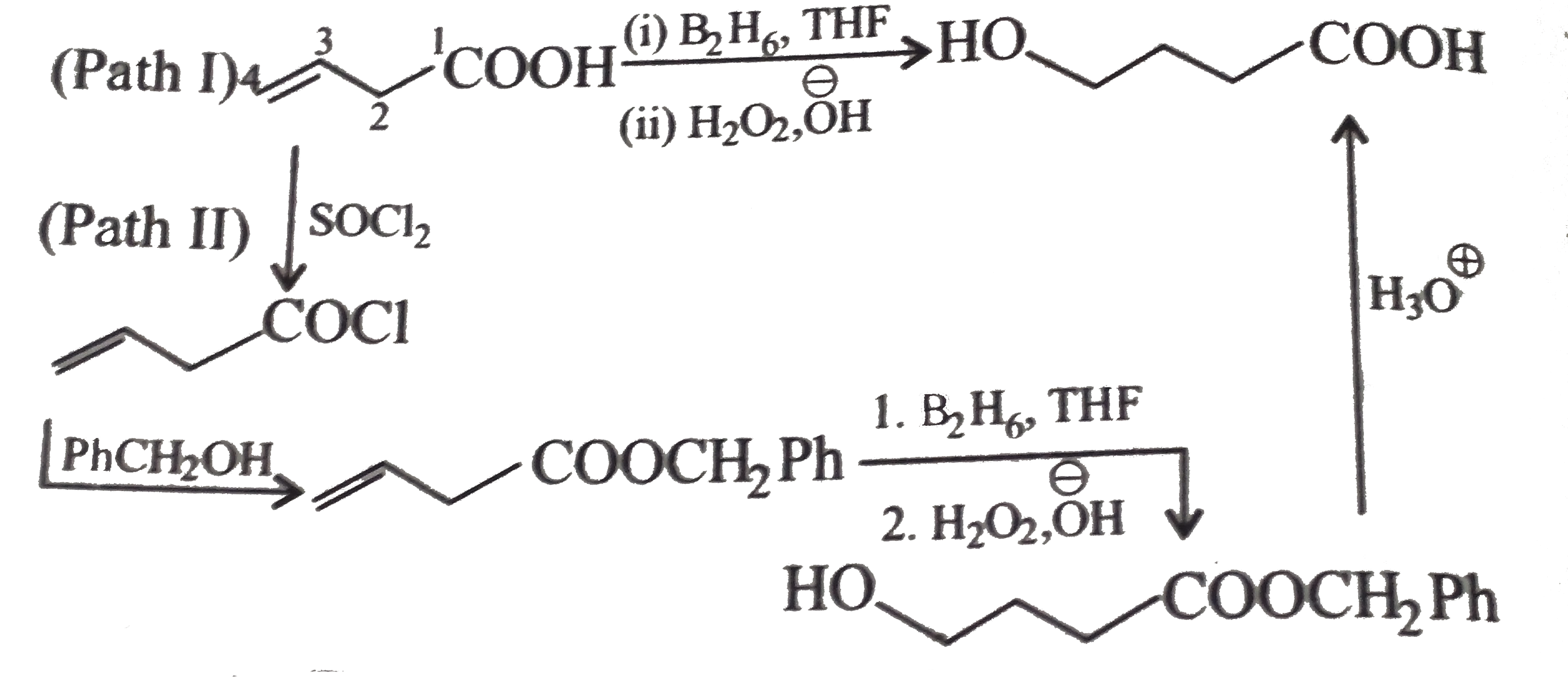 .
.
View Solution



